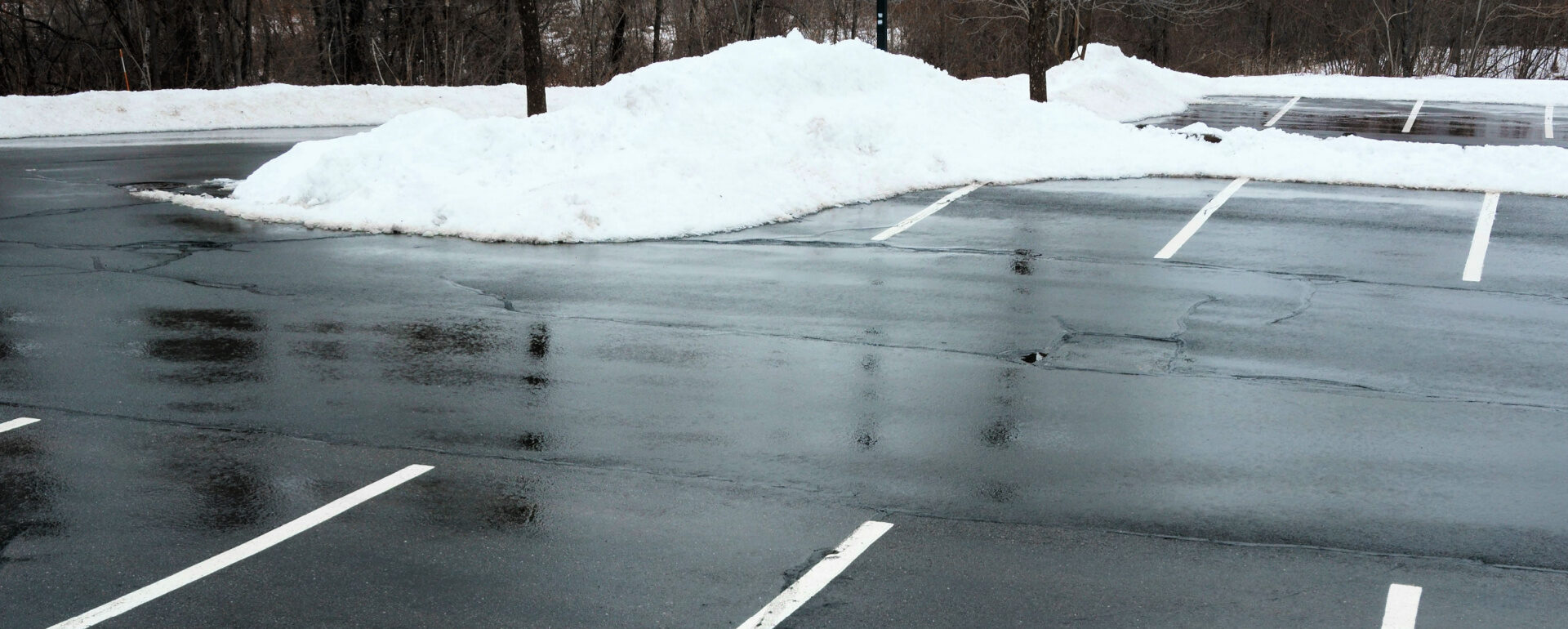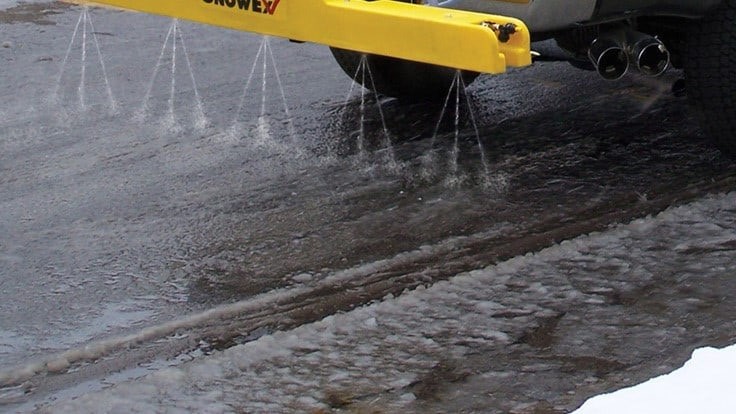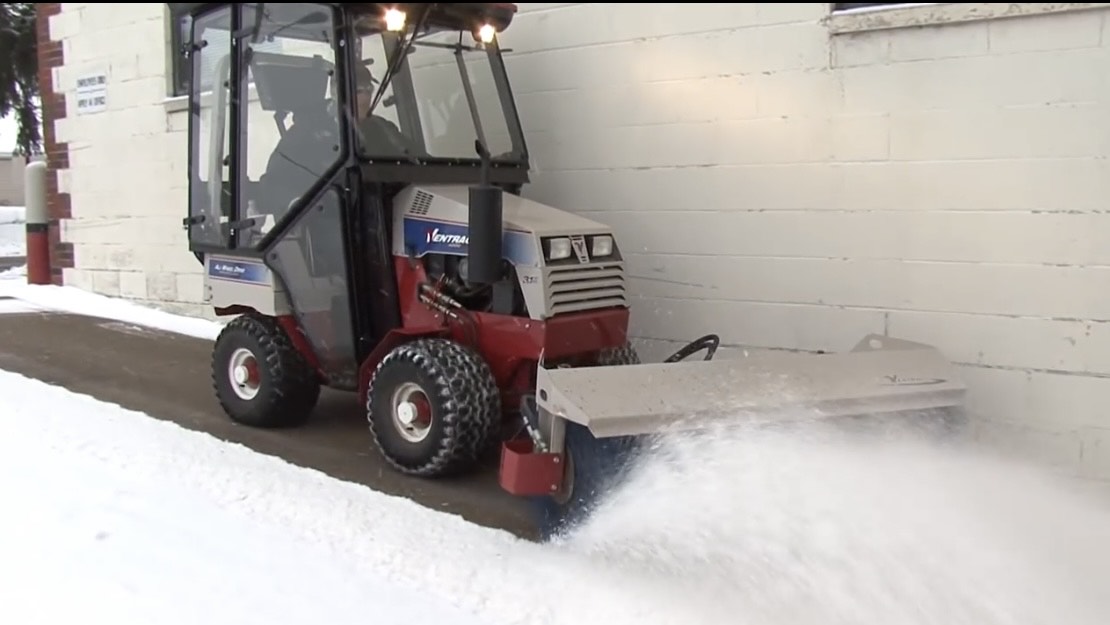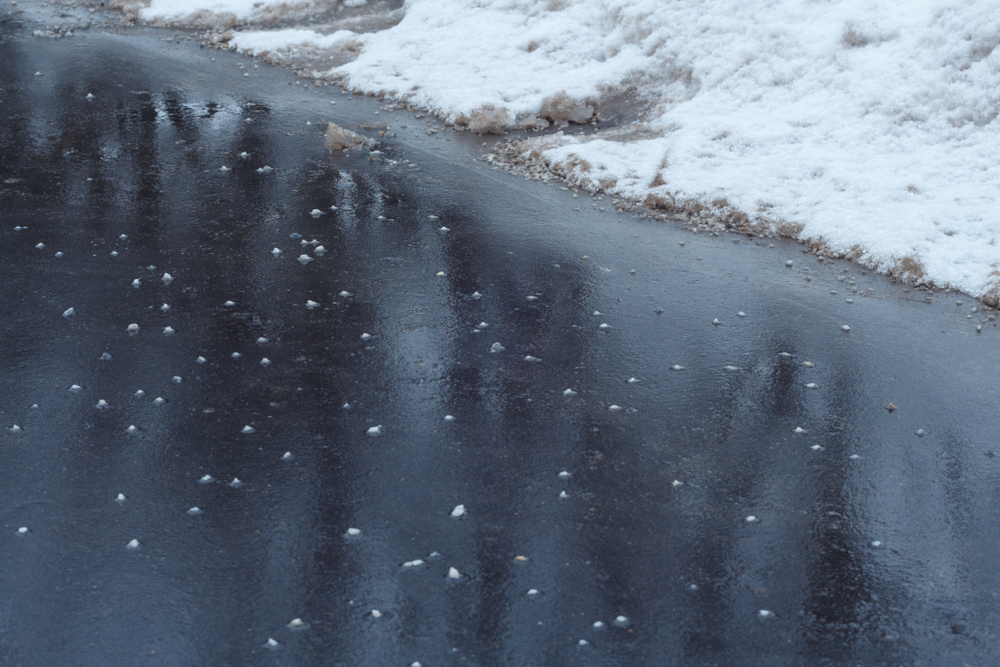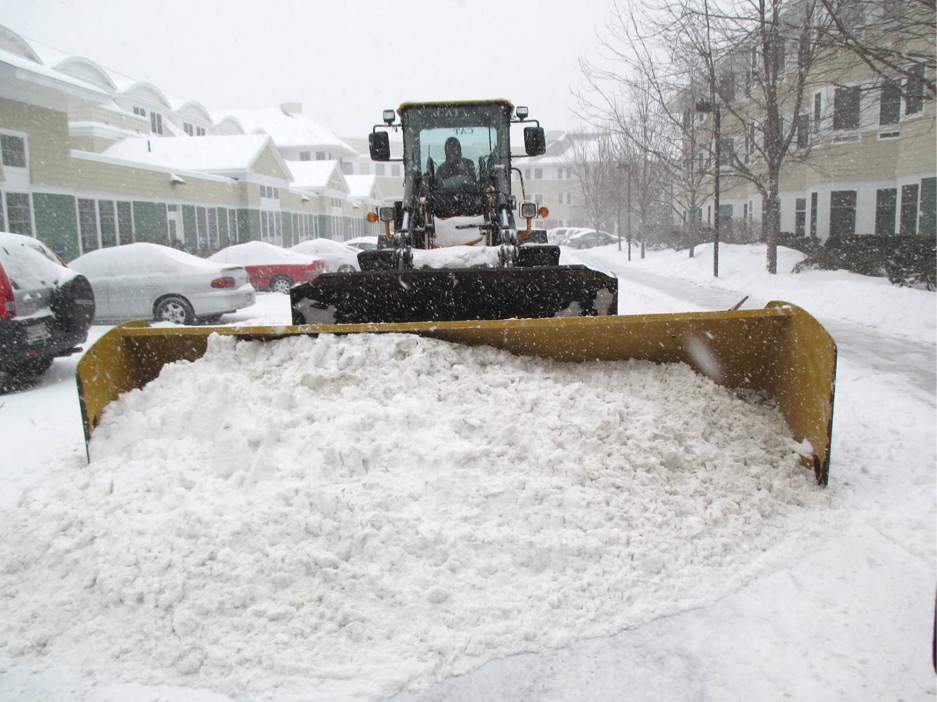Winter presents a whole new set of challenges for businesses. Slippery parking lots and snow-covered sidewalks can lead to dicey situations if the proper preparation steps are not taken. You may be familiar with the two common deicing agents, sodium chloride (or rock salt) and calcium chloride, but you may not know which one is better for deicing (if one is even better at all). To help you prepare for any winter storms headed your way, we’ve broken down the differences between these two deicing agents so you can have an idea of what to expect when you get integrated deicing services in Philadelphia.
Which One Is Cheaper?
When it comes to the matter of money, rock salt wins hands-down. Sodium chloride can be found worldwide, meaning it doesn’t come with high shipping costs or retail value. If you need a cheap solution for melting snow and ice, rock salt is your answer.
Which One Melts Ice Better?
While sodium chloride may be cheaper, calcium chloride can cut through ice much more effectively. It can melt ice down to -20 degrees Fahrenheit, while rock salt can only work down to 20 degrees. If your business is in a state where temperatures get colder than 20 degrees, sodium chloride may not be an effective solution for you.
Additionally, it’s important to note that it takes greater amounts of rock salt to melt a patch of ice. You can melt much more with significantly smaller amounts of calcium chloride.
Which One Melts Ice Faster?
Storms can happen unexpectedly and can be worse than you expected during the winter months. When this happens, you need a way to remove ice and snow as quickly as possible so you can keep your property accessible and business operating as usual. In this instance, calcium chloride is your best friend. This ice melt product works quickly to change the melting point of the water and clear your parking lot and walkways of dangerous black ice and snow.
Which One Is Better for the Environment?
Cheaper isn’t always better, and this is true when discussing rock salt vs. calcium chloride. Unfortunately, sodium chloride is one of the most caustic ice melt products, meaning it can kill plant life and change the soil’s pH levels. Calcium chloride is kinder to flower beds and landscaping and doesn’t degrade concrete. If you’re concerned about preserving the beauty of your business’s landscaping, you may want to skip the rock salt and use calcium chloride instead.
So, Which One Should You Choose?
Now that you know how rock salt and calcium chloride differ, you may be wondering which one is better for your business. If you do not often deal with temperatures lower than 20 degrees Fahrenheit and are not concerned about harming your landscaping, sodium chloride could be the solution that will take care of any ice or snow on your property. On the other hand, if you often experience freezing temperatures and want to protect your lawn, concrete walkways, and parking lot, calcium chloride or a combination of calcium chloride and sodium chloride will be the deicing solution for you.
Trust the Professionals
Choosing the right deicing agent for your commercial property can be a challenge when there are so many factors to consider. That’s why you can let us handle the snow and ice management so you can focus on running your business and doing what you do best.
For more information about our ice and snow management services in Philadelphia, PA, contact us today!
